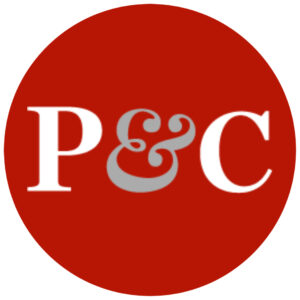The Department of Justice’s decision to join a whistleblower case against a Houston company that sells drug ingredients to compounding pharmacies is the latest government enforcement effort to crack down on healthcare billing fraud involving compounding pharmacies.
DOJ’s complaint alleges that Professional Compounding Centers of America Inc. (PCCA) reported fraudulent and inflated Average Wholesome Prices (AWPs) for the pharmaceutical ingredients it sold to pharmacy customers. This, in turn, caused the pharmacies to submit inflated compound drug prescription bills to Tricare, the federal healthcare system for military personnel and veterans.
The government’s complaint also said that “PCCA marketed its inflated AWPs, the resulting profit potential and compound formulas containing high AWP ingredients as inducements to pharmacies to purchase PCCA ingredients,” according to DOJ’s press release.
DOJ also alleges that PCCA offered additional incentives to pharmacy customers, such as annual all-inclusive travel packages, in exchange for ingredient purchases and purchase commitments.
According to the complaint, the fraudulently inflated compound prescription claims caused by PCCA’s actions cost the Tricare program “hundreds of millions of dollars in excess reimbursement.”
This case differs from most other enforcement efforts related to compounding pharmacies as the government is taking action against a wholesaler of compounding ingredients that caused the pharmacy to submit false claims rather than the compounding pharmacies that submitted the bills to Tricare.
“The practices we confront in this case created a major threat to the viability of the Tricare program, a critically important public healthcare program that serves the needs of our military,” said Acting U.S. Attorney Karin Hoppmann for the Middle District of Florida in a statement. Fagron Holding USA LLC paid $22.5 million to the government in 2019 to settle false claims charges against two subsidiaries, Freedom Pharmaceuticals Inc., and Pharmacy Services Inc., which were defendants in the same case.
The alleged fraud was uncovered by a whistleblower. Peter Hueseman, a former partial owner and pharmacist at one of PCCA’s client pharmacies, filed a “qui tam” lawsuit alleging pharmaceutical pricing fraud by PCCA.
Because compounding pharmacies perform a highly specialized and complex service, reimbursement rates by federal healthcare programs are high, leading to a proliferation of alleged fraud by drug compounding pharmacies.
Whistleblowers can report fraud by compounding pharmacies and earn rewards
Pharmaceutical industry insiders and others who know of kickbacks and other types of fraud by compounding pharmacies can report the wrongdoing and work with the government to stop the wrongdoing by filing a qui tam (whistleblower) lawsuit under the False Claims Act.
The False Claims Act empowers private citizens to sue entities and individuals who are defrauding the government and federal healthcare programs and recover funds on the government’s behalf. In successful cases, whistleblowers can receive 15% to 30% of the amount recovered. The law also offers whistleblowers protection from employer retaliation.
If you are aware of fraud by compounding pharmacies or other pharmaceutical fraud and would like to discuss your case with experienced whistleblower lawyers, please contact us for a free, confidential review of your matter.

